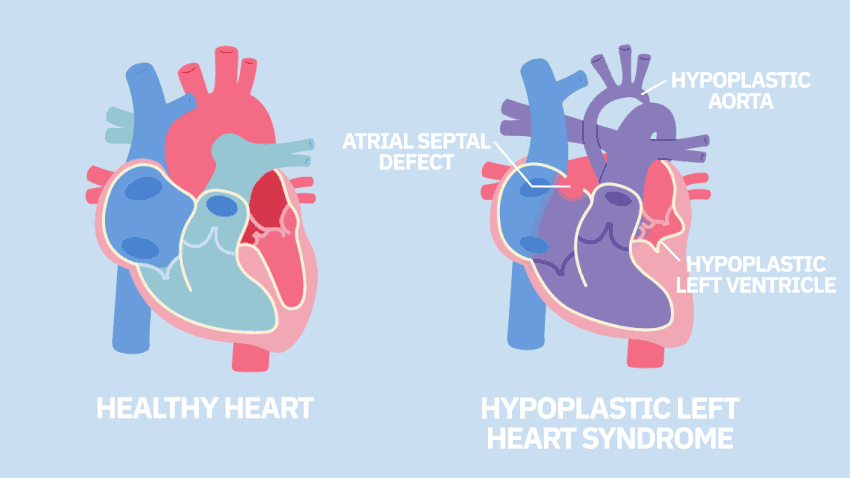Table of Contents
Damages to the heart muscle mass from lowered blood circulation. Weakening of the heart muscular tissue.

Our procedure includes: We start by extensively examining each person's medical history, existing heart function, and total health. This includes advanced diagnostic imaging and screening to establish the level of heart damages.
Many individuals report less fatigue, boosted breathing, and far better physical endurance. By dealing with the source, stem cell treatment decreases the danger of future heart occasions. Our center is a leader in, incorporating experience with thoughtful treatment. Right here's what sets us apart: Our team has years of experience in regenerative medicine, making sure the greatest degree of care.
We integrate stem cell therapy with corresponding treatments for thorough heart treatment. Every therapy plan is personalized to resolve the distinct needs of each individual. One of one of the most typical concerns we receive is, While no therapy can ensure total reversal, have actually revealed considerable capacity to repair damaged cells, decrease swelling, and boost total heart function.
Top clinics for stem cell therapy for Heart Failure
Heart disease is a leading reason of in the United States and worldwide. For lots of individuals, traditional therapies use hope and assistance.
Today, researchers concentrate on 2 major sorts of stem cells: grown-up stem cells and embryonic stem cells. While similar, they're much from the same, and each has its pros and disadvantages. Grown-up stem cells usually originate from bone marrow, fat cells, or perhaps directly from the heart. One benefit is that they can be gathered from your own body.
Grown-up stem cells are also much easier to accumulate and have less moral concerns. Yet there's a drawback. They're not as functional as embryonic stem cells. They aren't as able to turn into different sorts of cells, which can restrict effectiveness when it involves cells repair service. Embryonic stem cells can become any kind of type of cell, including heart cells.

An additional problem is the opportunity of creating growths if these cells don't differentiate properly after implantation. The large concern is, does stem cell therapy in fact work for heart repair work?
Research results are combined. While some people see substantial advantages, others do not see much improvement whatsoever. Researchers are still figuring out the most effective means to deliver the cells, ensure they survive once inside the body, and ensure they incorporate properly with existing heart tissue. One of the largest obstacles is cell survival and integration after implantation.
Is stem cell therapy right for High Blood Pressure with regenerative medicine?
Even fewer handle to integrate right into the existing heart cells. For the therapy to be effective, the brand-new cells need to link with the old ones and start operating as component of the heart muscular tissue.
It's something to obtain stem cell treatment to work in a lab or a small scientific trial; it's another to make it readily available on a huge scale. Producing, keeping, and delivering stem cells safely and effectively is logistically testing at best. Stem cell treatment is extremely encouraging, yet it's not without disadvantages.
This is even more of an issue with embryonic stem cells, yet it's existing despite having grown-up cells. An additional downside is the cost. Stem cell therapy is expensive, partly as a result of the intricacy of harvesting, expanding, and providing the cells. Due to that price and the therapy's experimental nature, several insurance companies will not cover it.
In the last numerous years, there has been a considerable advancement in stem cell treatment for cardiovascular disease. Can stem cell therapy cure heart problem? No, yet made use of with your present heart disease routine, it can boost your heart health and high quality of life. Worldwide sixty-four million individuals are impacted by cardiac arrest.
Next-gen support for Peripheral Artery Disease now available
Medical professionals deal with cardiac arrest signs in hopes of enhancing the individual's quality of life and stopping further complications. Medicines like diuretics (to eliminate the fluid in the body), Beta-Blockers (reducing the force of the blood flow and slowing down the heart beat down to reduced blood stress), and ACE Inhibitors (reduced blood stress by relaxing the capillaries and arteries) are utilized to treat the signs and symptoms of cardiovascular disease.
These need an operation and a recovery time of as much as six weeks. While current treatments manage the signs and symptoms of heart condition, they don't fix tissue damage or bring back the heart's function. There is no treatment for cardiovascular disease. The concern remains, can stem cells treat heart disease? Stem cells can not cure cardiovascular disease, yet they can rejuvenate the heart muscular tissue and enhance the ejection portion (the amount of blood the heart pumps with each beat) on the heart's left side.
Navigation
Latest Posts
Inside look at using stem cells to support Arrhythmias
Next-gen support for Peripheral Artery Disease — what to expect
Can stem cells help with Peripheral Artery Disease — what the science says